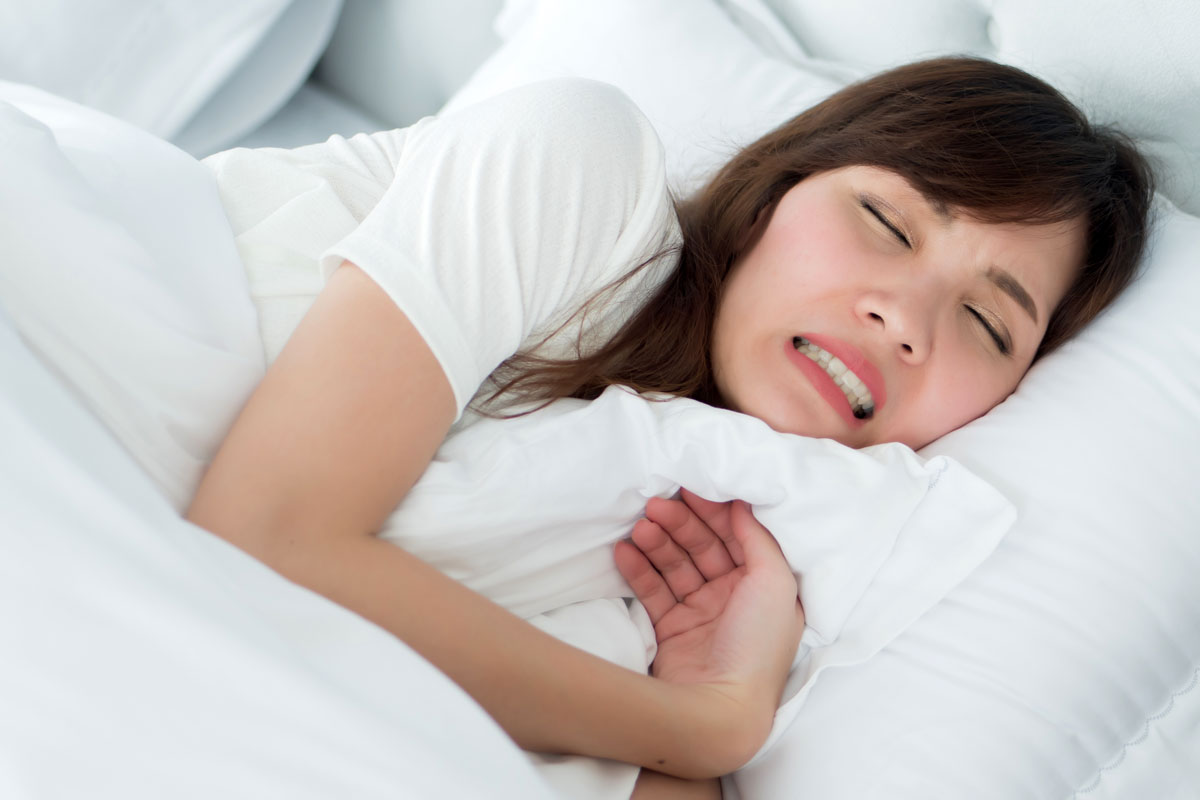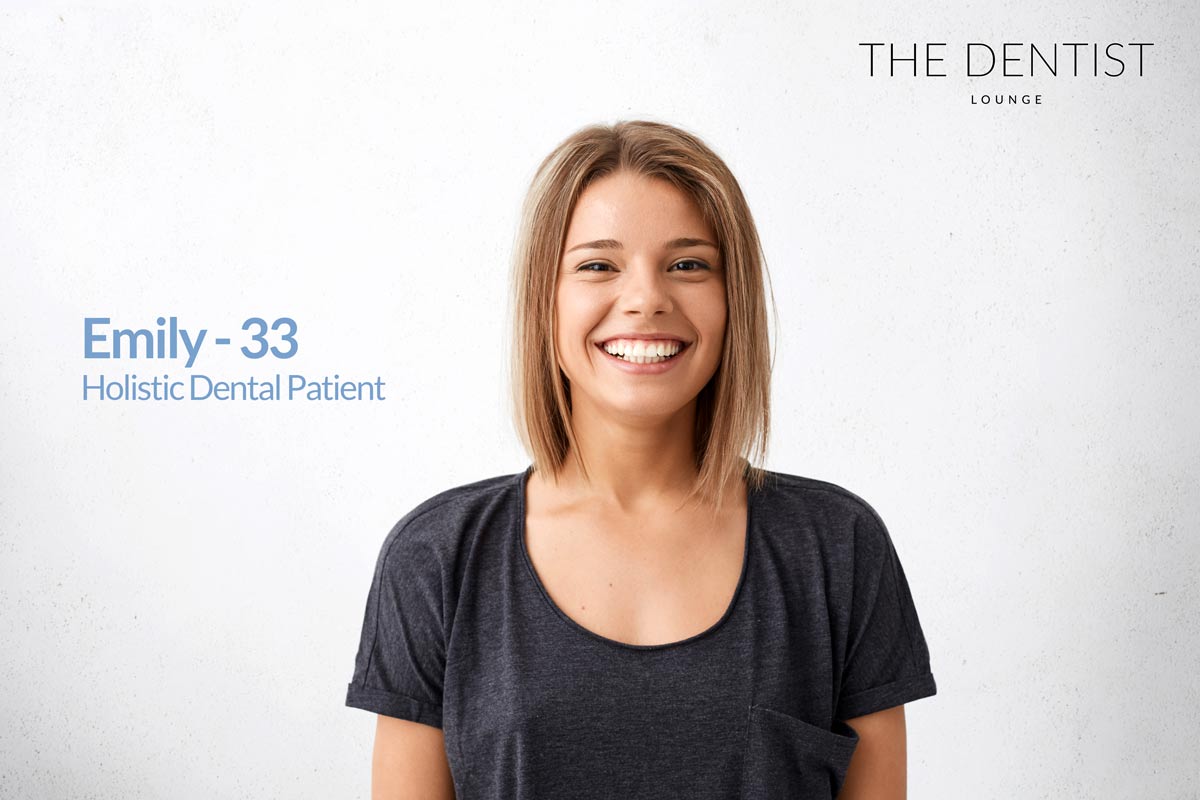How to Stop Grinding Teeth in Sleep Naturally: Holistic Approaches for Optimal Oral Health
Teeth grinding, also known as bruxism, is a prevalent condition that can have a significant impact on oral health. Addressing this issue holistically is essential for long-term management and overall well-being.
Understanding Teeth Grinding
Bruxism, the medical term for teeth grinding, refers to the habitual clenching or grinding of teeth, often during sleep. Recognizing the symptoms and signs associated with this condition is crucial in identifying and addressing the problem effectively. Common indicators include waking up with headaches, jaw pain, or worn-down teeth.
Potential causes and risk factors for teeth grinding can vary from individual to individual. Stress and anxiety are often significant contributors, as are lifestyle factors such as alcohol and caffeine consumption. Additionally, misaligned teeth or an abnormal bite can contribute to the development of bruxism.
Consequences of Teeth Grinding
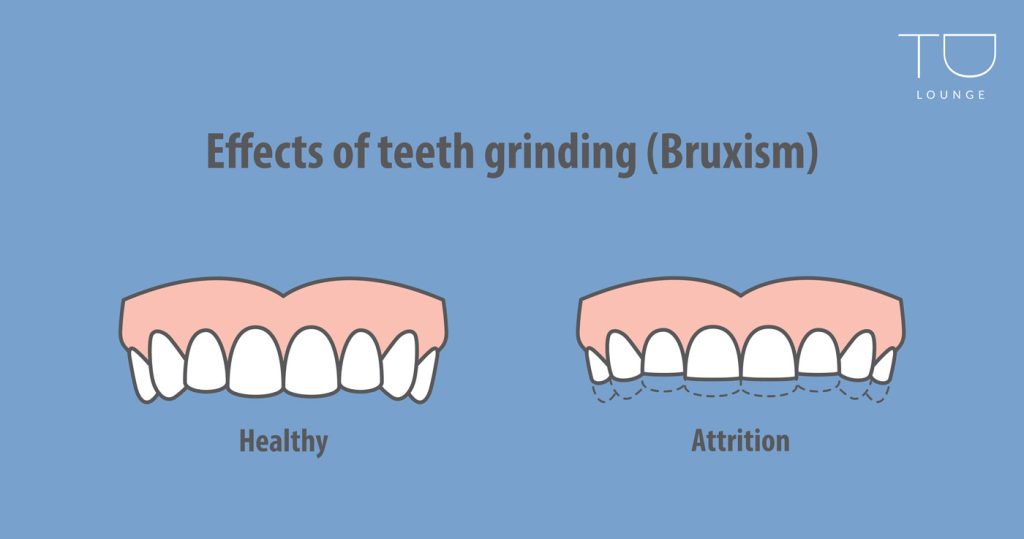
Teeth grinding can lead to various dental complications that affect both the structure and aesthetics of the teeth. Continuous grinding exerts excessive force, which can result in fractures, cracks, and erosion of the tooth enamel. Additionally, the pressure exerted on the gums can cause gum recession and heightened tooth sensitivity.
The impact of teeth grinding extends beyond the dental realm, affecting the jaw and facial muscles. Temporomandibular Joint Disorder (TMJ) is a common outcome of bruxism, leading to discomfort, restricted jaw movement, and clicking sounds. Facial pain, including headaches and earaches, may also arise due to the strain on the muscles involved in chewing and jaw movement. Persistent grinding can result in muscle tension and fatigue, further exacerbating the discomfort.
Lifestyle Modifications for Teeth Grinding Prevention
Implementing certain lifestyle modifications can significantly reduce teeth-grinding episodes and alleviate associated symptoms:
Stress reduction techniques
Mindfulness and meditation practices can help manage the underlying anxiety that often accompanies bruxism. Engaging in regular exercise and physical activity releases endorphins, which promote relaxation and stress relief. Complementary therapies like yoga and tai chi can aid in relaxation and the release of muscle tension.

Establishing a sleep routine
Establishing a sleep hygiene routine is crucial in creating a conducive environment for restful sleep. Creating a calming bedtime routine, such as taking a warm bath or reading a book, helps signal the body to wind down. Maintaining a consistent sleep schedule reinforces the body’s natural sleep-wake cycle.
Ensuring a comfortable sleep environment, with a supportive mattress and proper ventilation, promotes relaxation and minimizes disturbances.
If you are waking up throughout the night, you may want to consult a sleep dentist.
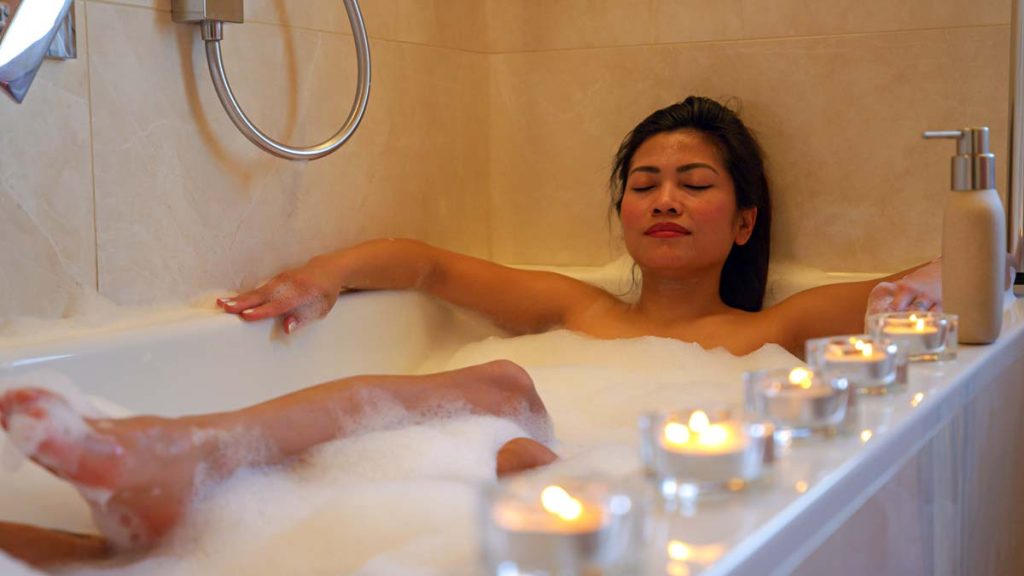
Dietary adjustments
Diet plays a role in managing bruxism. Avoiding stimulating substances like caffeine and alcohol, particularly close to bedtime, can reduce the likelihood of teeth grinding during sleep. Incorporating stress-relieving foods and nutrients, such as magnesium-rich foods like leafy greens, nuts, and seeds, supports overall relaxation.
Additionally, staying adequately hydrated throughout the day helps maintain optimal muscle function.

Natural Remedies and Therapies
Several natural remedies and therapies can aid in managing teeth grinding:
Herbal supplements
Supplements like magnesium have been found to promote relaxation and reduce muscle tension, potentially alleviating the frequency and intensity of teeth-grinding episodes.
Valerian root, known for its sleep-inducing properties, can help improve the quality of sleep and reduce anxiety.
Chamomile, often consumed as a calming tea, can contribute to overall relaxation and support a peaceful sleep routine.
Biofeedback therapy
Biofeedback therapy is a technique that enables individuals to monitor and control their muscle activity consciously.
Through the use of specialized devices, biofeedback provides real-time feedback on muscle tension, allowing individuals to learn to relax specific muscles associated with teeth grinding.
Oral Care and Dental Approaches
Dental interventions can help manage teeth grinding. Some common options include mouthguards, orthodontics, and TENS
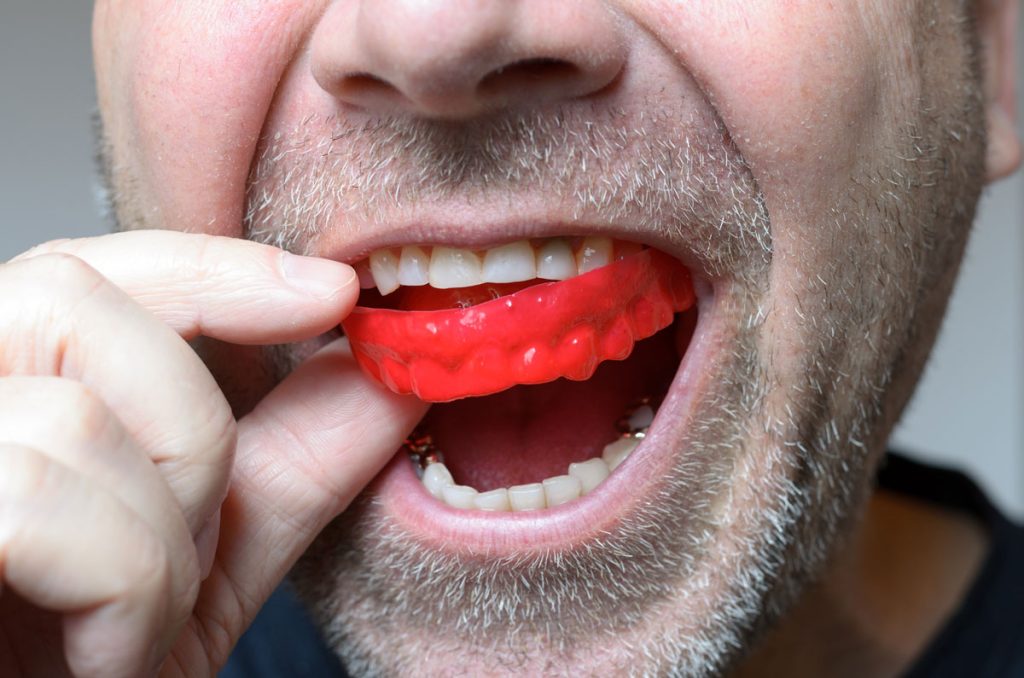
Night guards or mouthguards
Mouthguards specifically custom-fitted options, provide a protective barrier between the upper and lower teeth, minimizing the damaging effects of grinding during sleep.
Proper usage and maintenance of these devices are crucial to ensure their effectiveness and longevity.
Dental splints and orthotics
Dental splints and orthotics are dental appliances that are custom-made to fit an individual’s mouth. These devices can help correct the alignment of the teeth and jaws, reducing the occurrence of teeth grinding.
Consulting with a holistic dentist is essential to determine the most suitable splint or orthotic for individual needs.
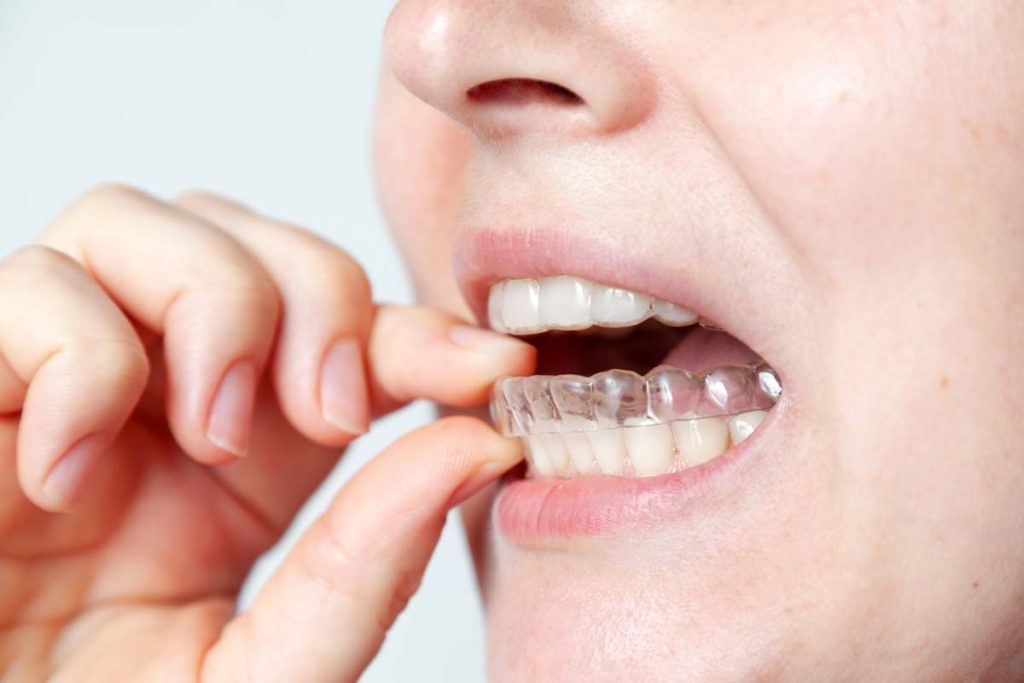
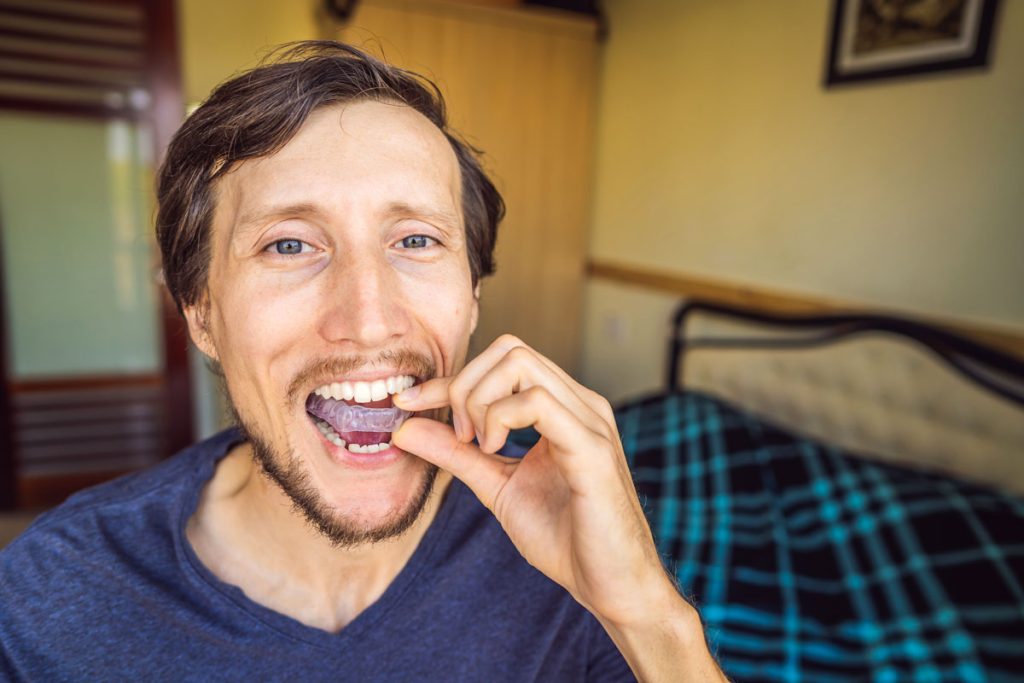
Bite correction and dental realignment
Dental realignment can be done through orthodontic treatment options like braces or clear aligners, which can address underlying bite issues that contribute to teeth grinding. Proper alignment of the teeth and jaws promotes a balanced bite, reducing the likelihood of grinding.
TENS (Transcutaneous Electrical Nerve Stimulation)
TENS treatment is a non-invasive therapy that involves the application of low-level electrical currents to targeted areas of the face and jaw. This therapy has shown promising results in managing teeth grinding by reducing muscle tension and promoting relaxation.
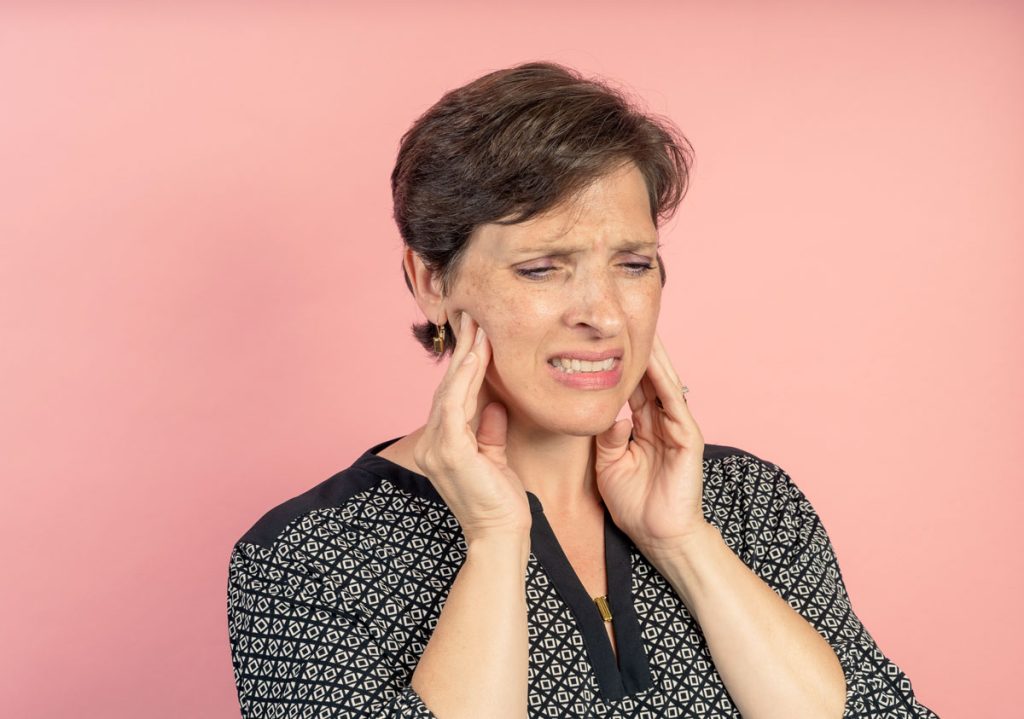
Seeking Professional Guidance
Knowing when to consult a healthcare provider is crucial for an accurate diagnosis and effective management of teeth grinding. If the symptoms persist or worsen despite implementing lifestyle modifications and natural remedies, it is recommended to seek professional guidance.
A healthcare provider can perform diagnostic procedures, such as dental examinations and jaw assessments, to determine the underlying causes and develop a personalized treatment plan.
Collaborating with a holistic dentist or specialist who understands the interconnectedness of oral health and overall well-being can provide comprehensive care for long-term management. If you are looking for a holistic dentist in Santa Monica, The Dentist Lounge is one of the best-rated holistic dental practices in the area.
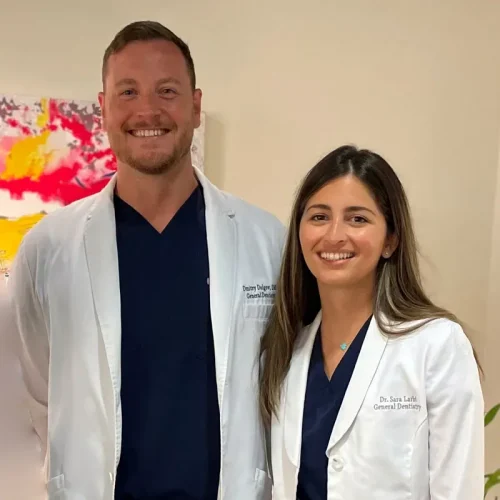
Holistic Dentists in Santa Monica
Protect Your Smile from Teeth Grinding
Stopping teeth grinding naturally requires a holistic approach that addresses the underlying causes and incorporates lifestyle modifications, natural remedies, and dental interventions.
By implementing stress reduction techniques, practicing good sleep hygiene, making dietary adjustments, and exploring natural therapies, individuals can reduce the frequency and severity of teeth-grinding episodes. Additionally, consulting with a healthcare provider and seeking professional guidance, particularly from a holistic dentist, ensures comprehensive care and optimal oral health.
For the residents of Santa Monica, The Dentist Lounge is the top-rated holistic dental practice in the area. With a team of experienced professionals dedicated to providing comprehensive care, they are well-equipped to address teeth-grinding concerns.
Don’t let teeth grinding compromise your oral health any longer. Schedule your appointment today at The Dentist Lounge in Santa Monica and take the first step towards a healthier, happier smile!

Holistic Dental Office in Santa Monica
Schedule your dental appointment today

The Dentist Lounge


